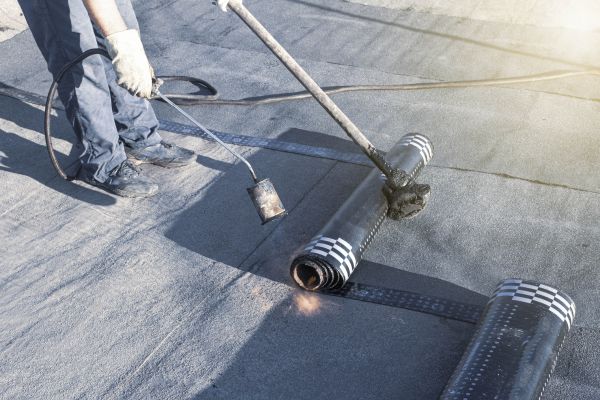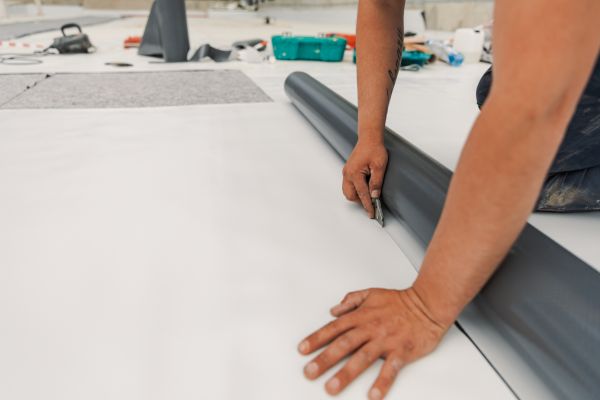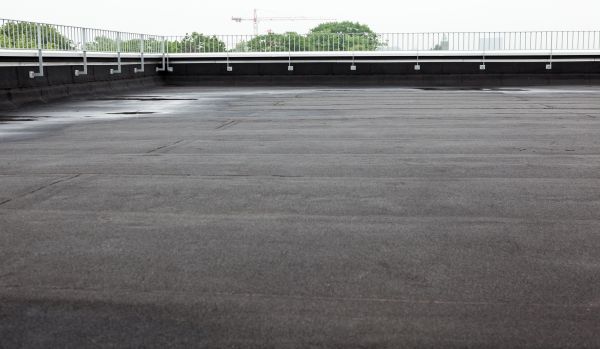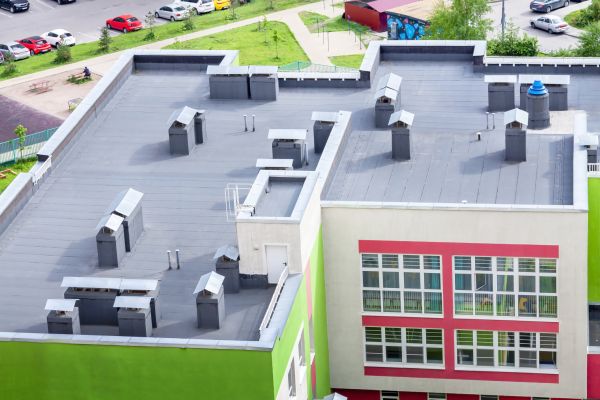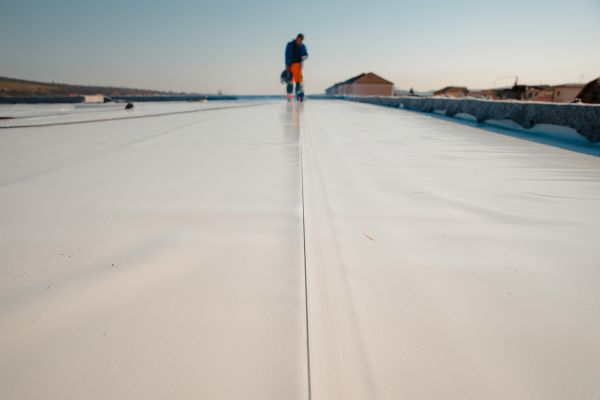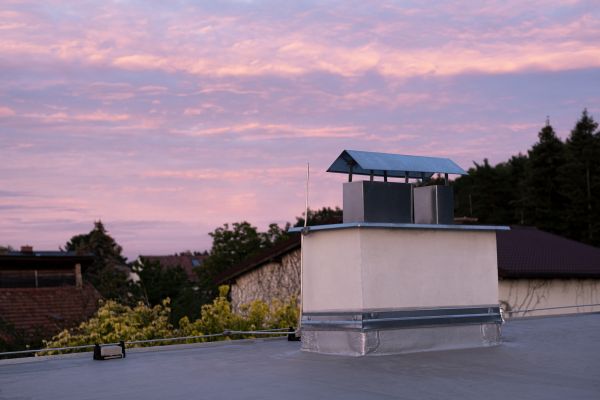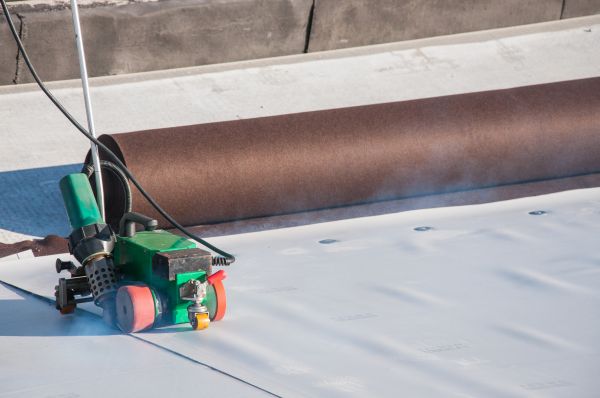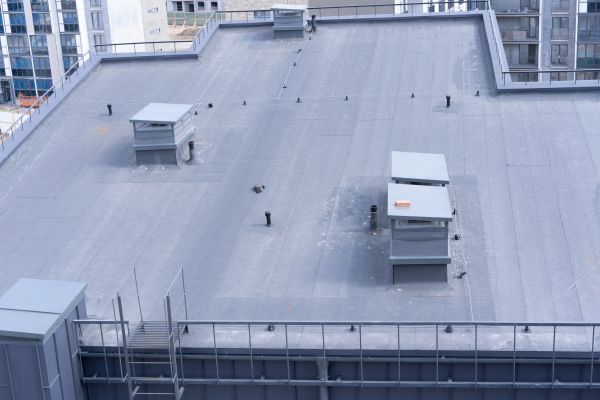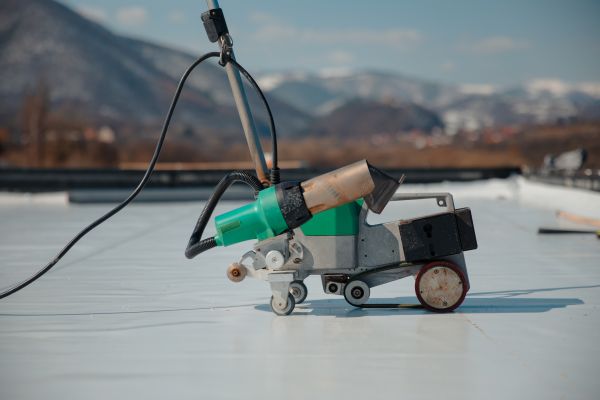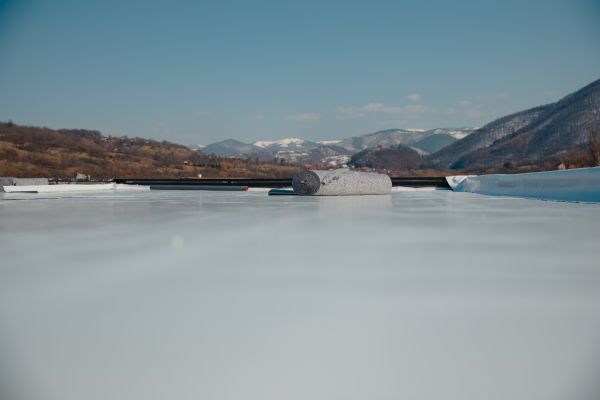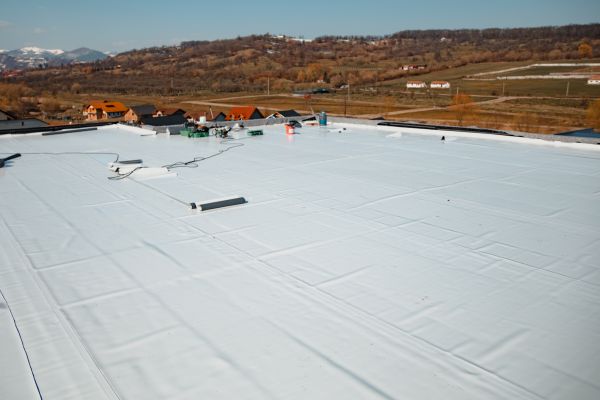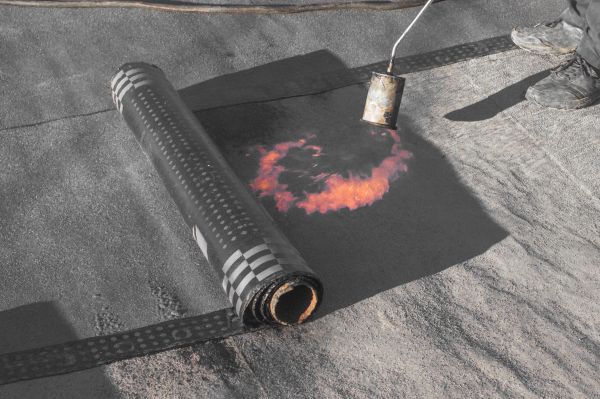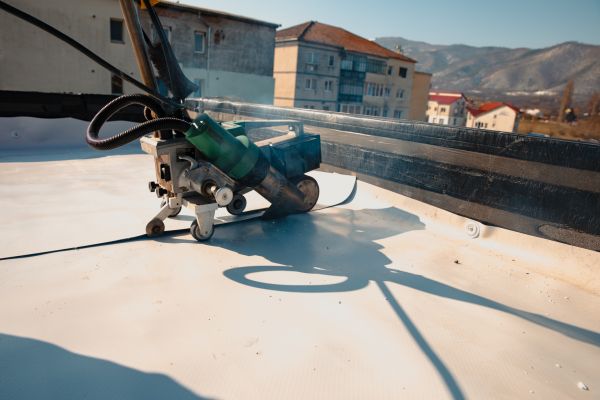Flat Roof Installation
Connect with experienced local pros.
Flat roof installation is a specialized process that involves laying a flat or nearly flat surface over a building's structure. This type of roofing is known for its modern aesthetic and practical advantages in urban environments. It's crucial to ensure that the installation is performed correctly to prevent leaks and ensure durability. Proper installation can enhance energy efficiency and provide additional space for various uses, such as gardens or solar panels. Choosing a professional service for flat roof installation ensures that the job is done with precision, using the best materials and techniques available.
Benefits of Flat Roof Installation
-
Cost-Effectiveness
Flat roofs typically require fewer materials than pitched roofs, which can lead to reduced installation costs. Their simpler design also means less labor is needed, further lowering expenses. Over time, the maintenance costs can also be lower due to the easier access for inspections and repairs. -
Space Utilization
One of the standout features of flat roofs is the ability to utilize the space for additional functions. Whether it's creating a rooftop garden, installing solar panels, or setting up an outdoor seating area, flat roofs offer a versatile platform that can enhance the functionality of your building. -
Modern Aesthetic
Flat roofs provide a sleek, contemporary look that complements modern architectural designs. They can seamlessly integrate with minimalist styles and are often used in commercial buildings seeking a modern appearance. -
Energy Efficiency
With the right materials and installation techniques, flat roofs can contribute to improved energy efficiency. They can be designed to reflect sunlight and reduce heat absorption, which helps in maintaining a consistent indoor temperature and reducing cooling costs.
FAQs About Flat Roof Installation
What materials are commonly used for flat roof installation?
Flat roofs are often constructed with materials such as EPDM rubber, TPO, PVC, and modified bitumen. Each material has its own advantages in terms of durability, weather resistance, and cost.
How long does a flat roof typically last?
With proper maintenance, a flat roof can last anywhere from 15 to 30 years. The lifespan depends on the materials used, the quality of the installation, and how well the roof is maintained over time.
Are flat roofs prone to leaking?
While flat roofs are more susceptible to water pooling, proper installation and regular maintenance can significantly reduce the risk of leaks. Ensuring adequate drainage and using high-quality materials are key factors in preventing leaks.
Can a flat roof support heavy equipment, like HVAC units?
Yes, flat roofs are often designed to support heavy equipment. However, it's essential to consult with a structural engineer to ensure the roof can handle the specific load without compromising its integrity.
Fill out the contact form today to request Flat Roof Installation and experience the benefits of professional service. Enjoy cost-effectiveness, enhanced space utilization, and improved energy efficiency with a well-installed flat roof.

